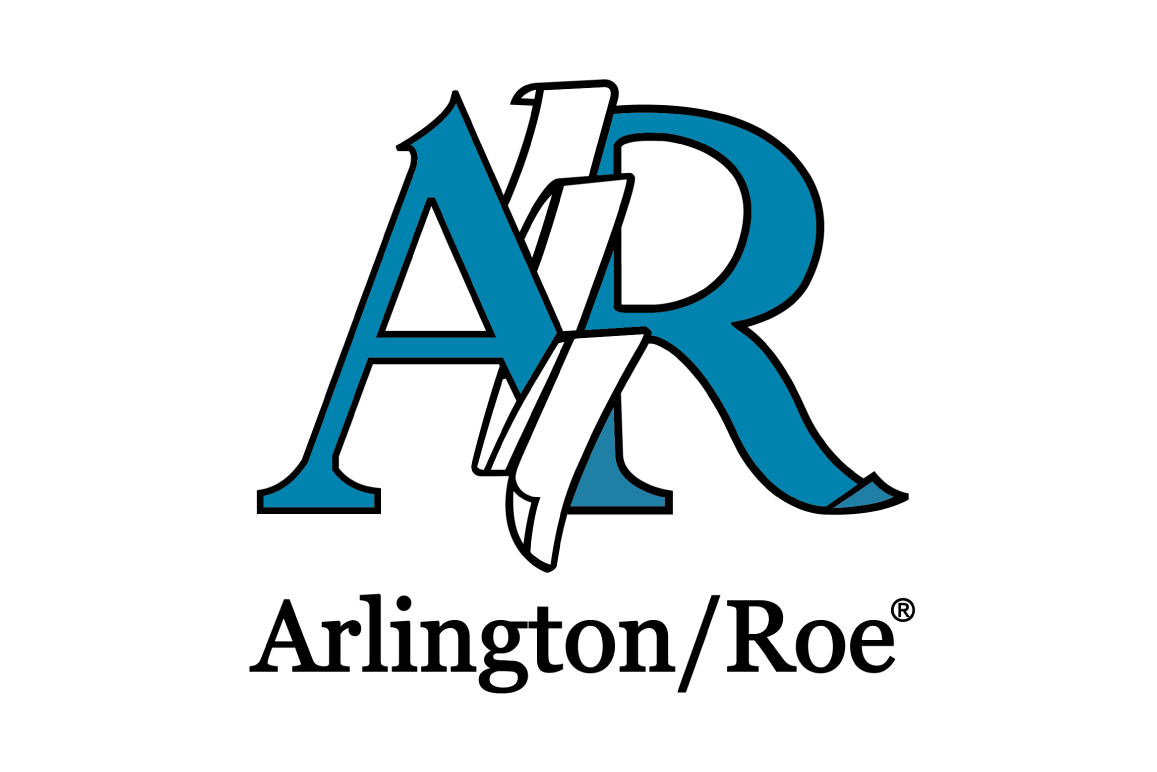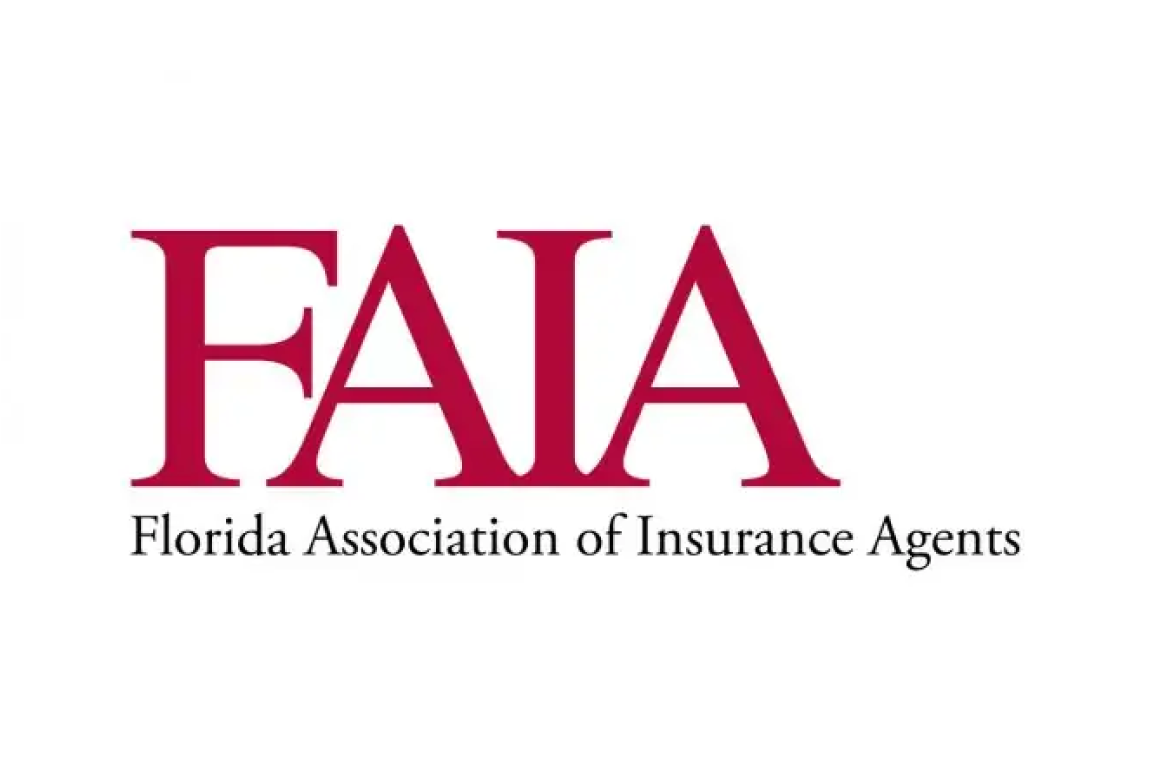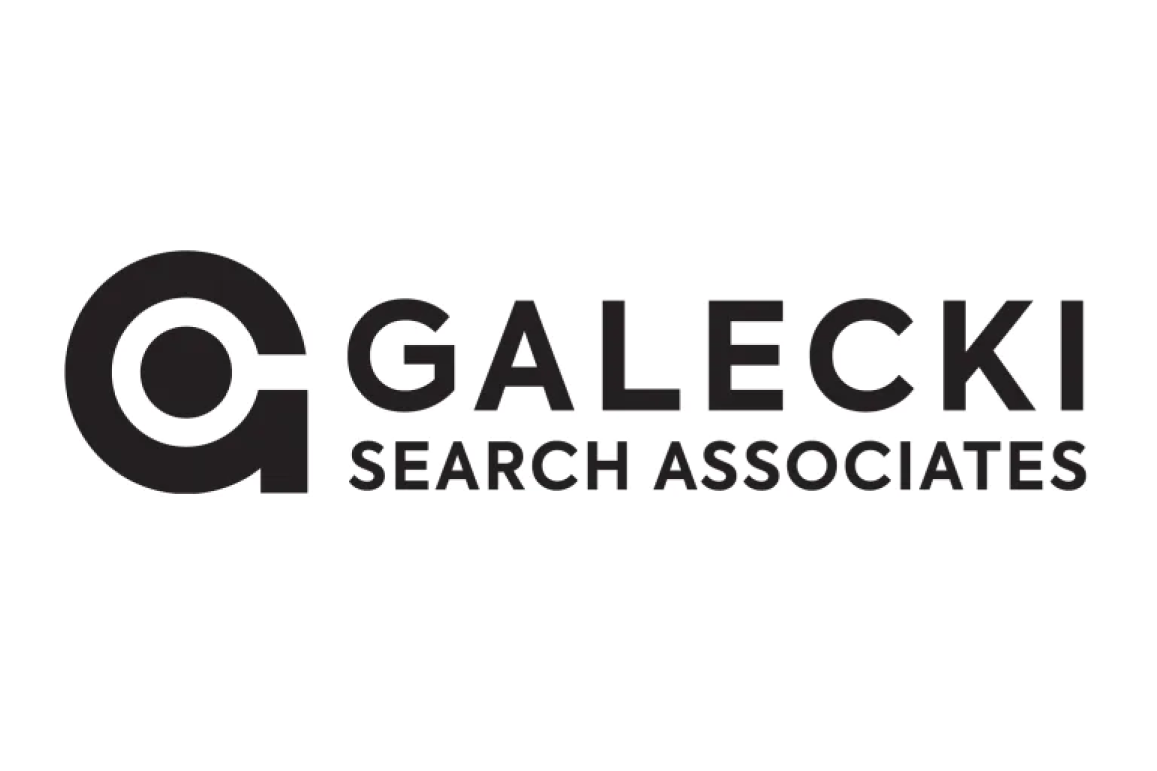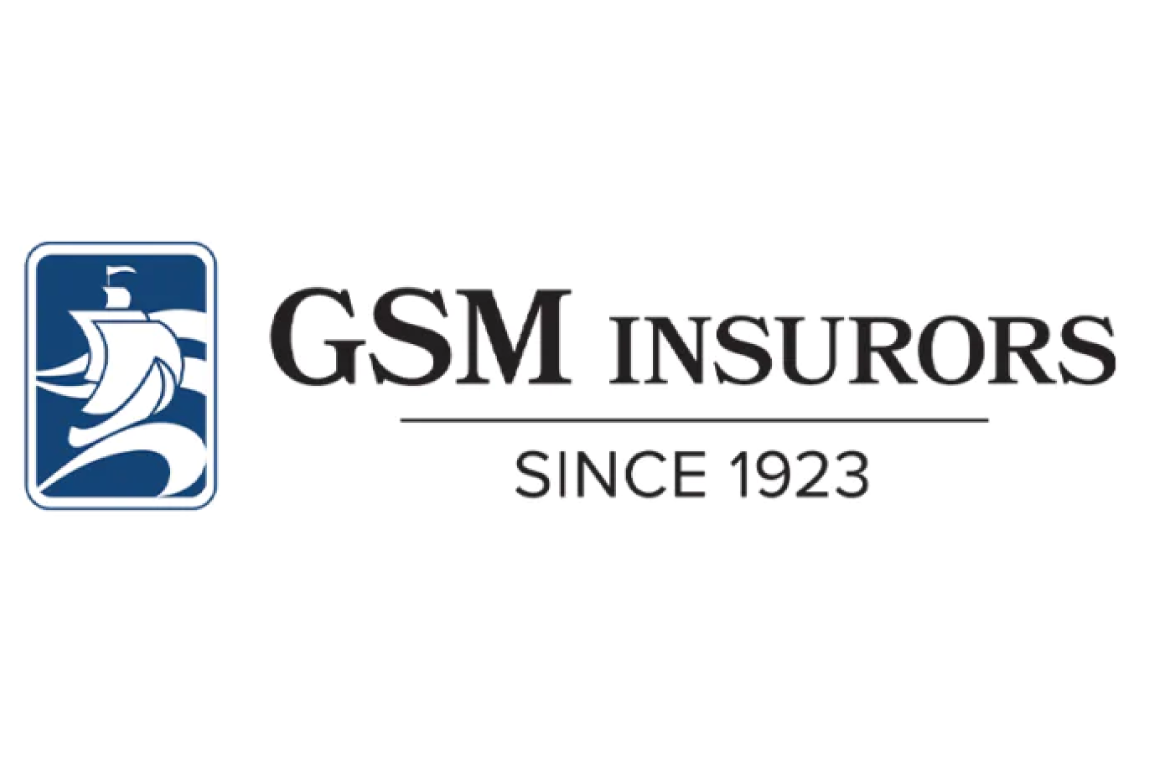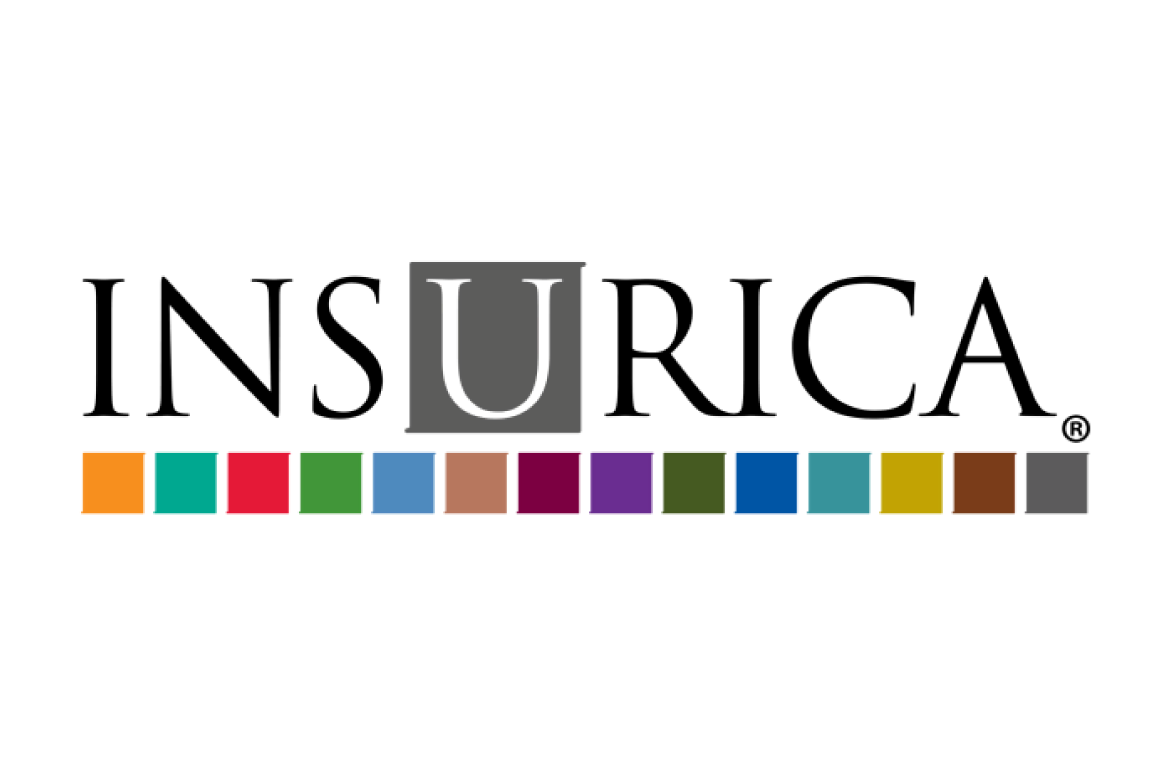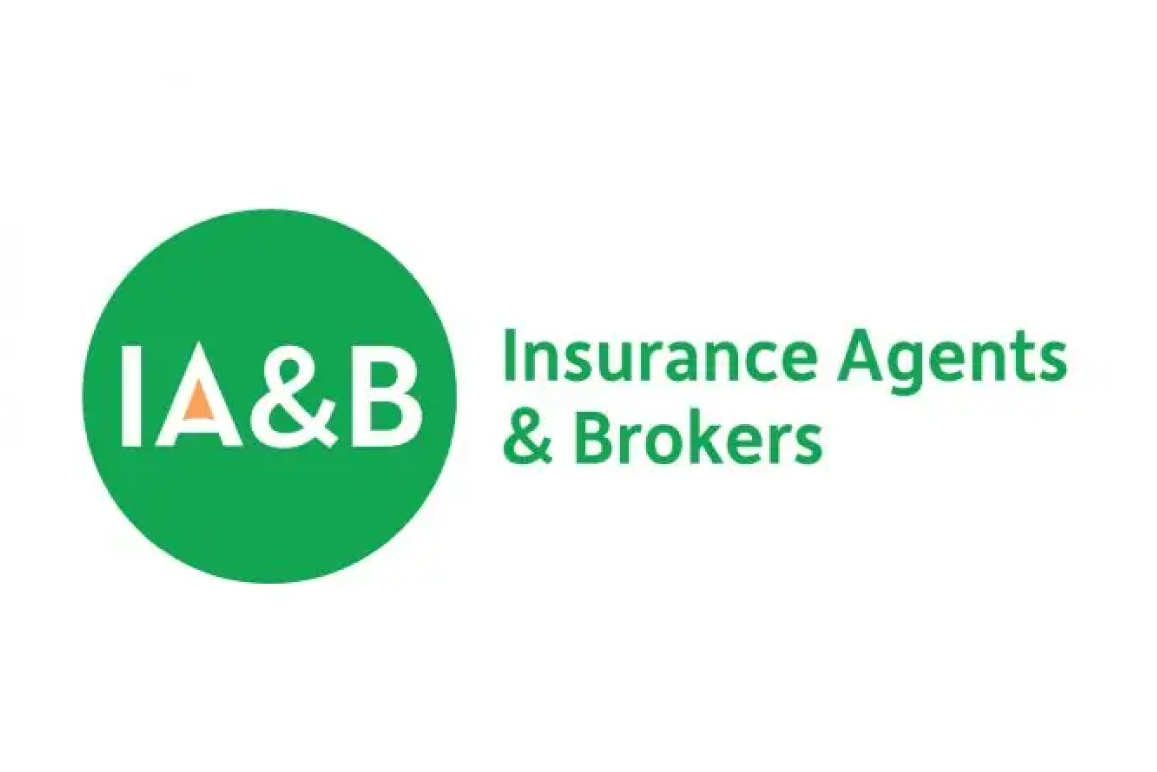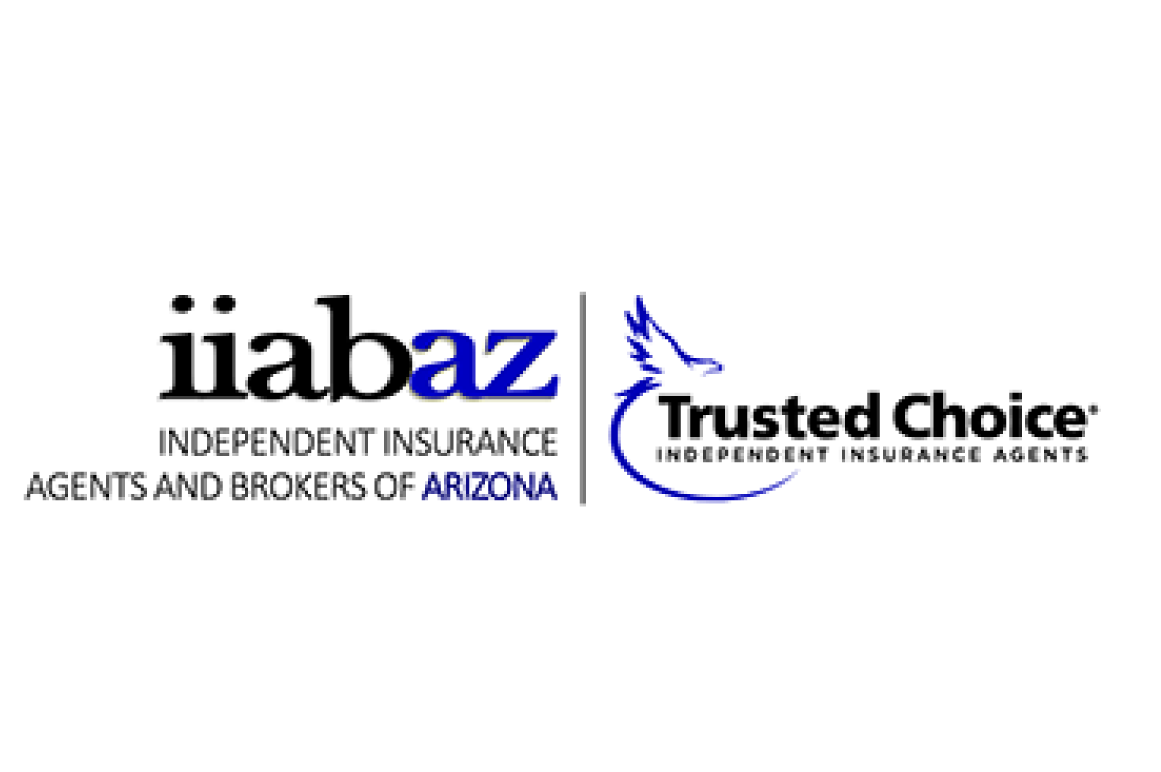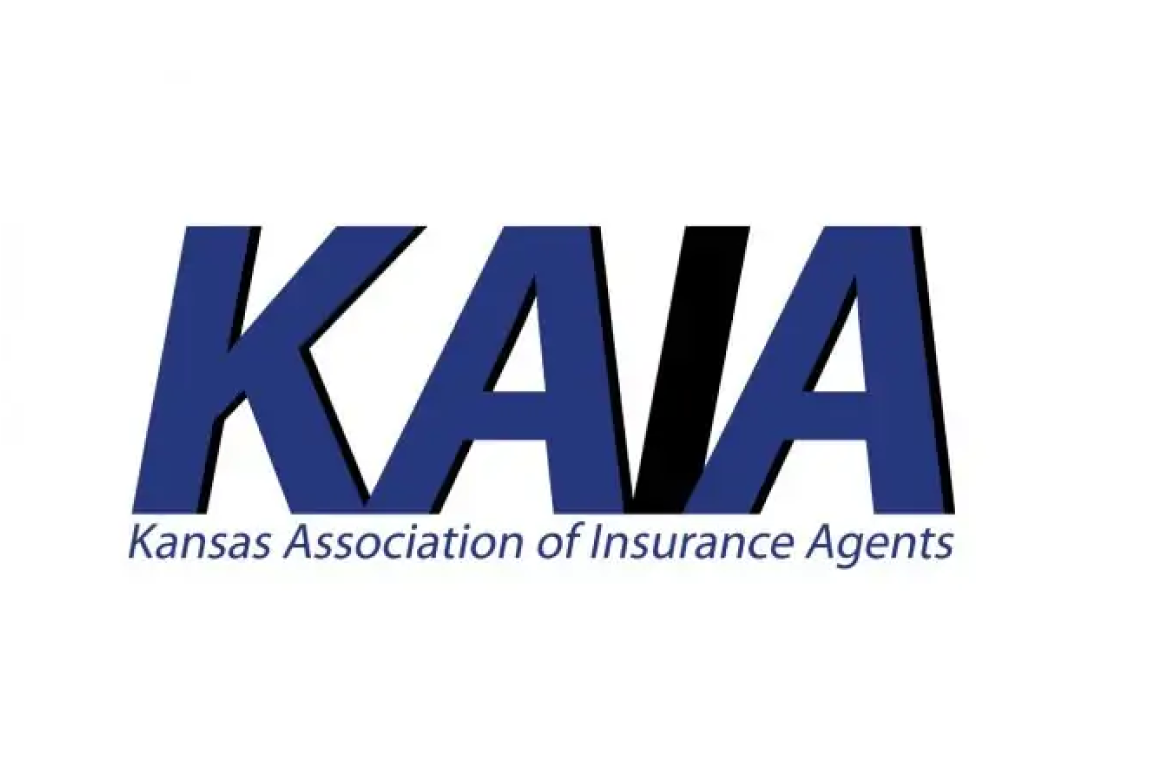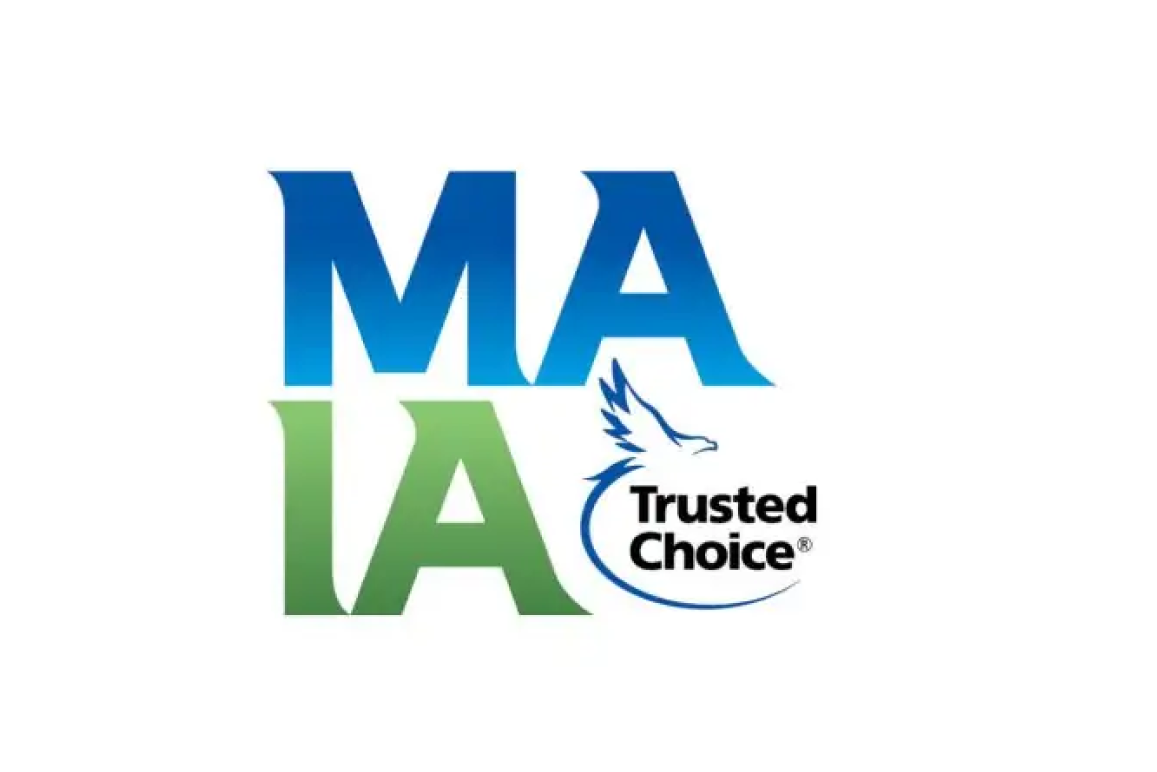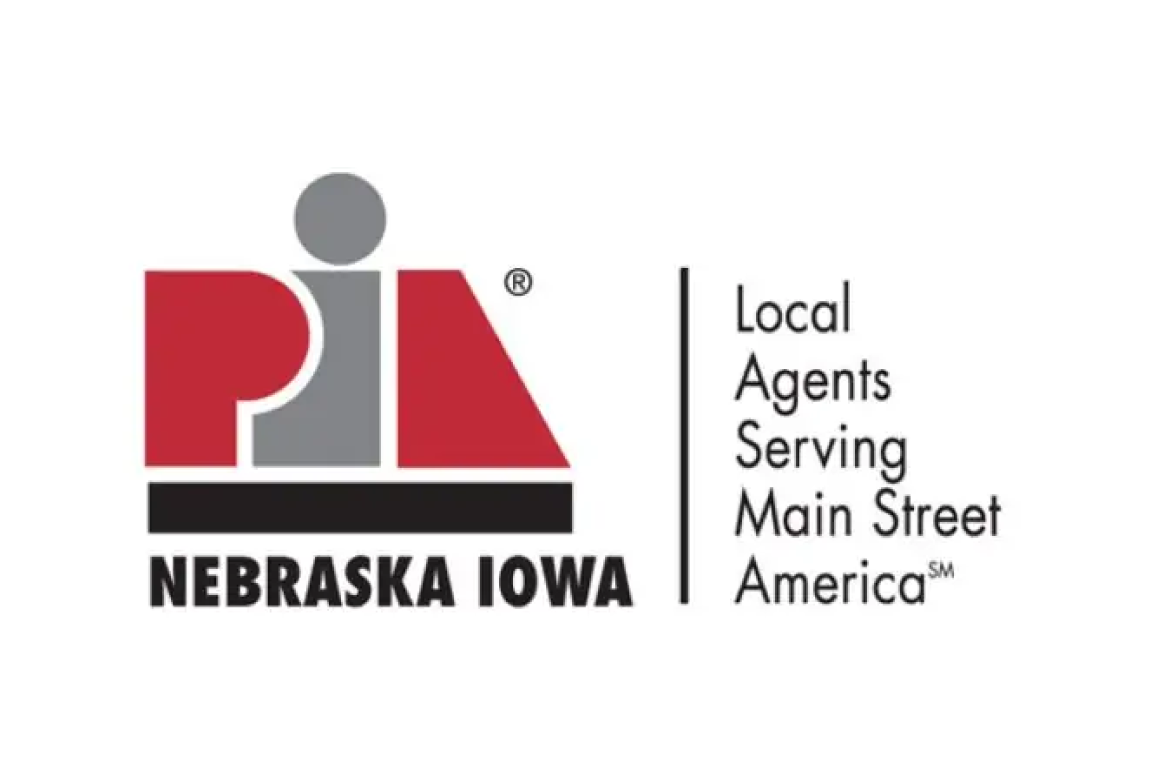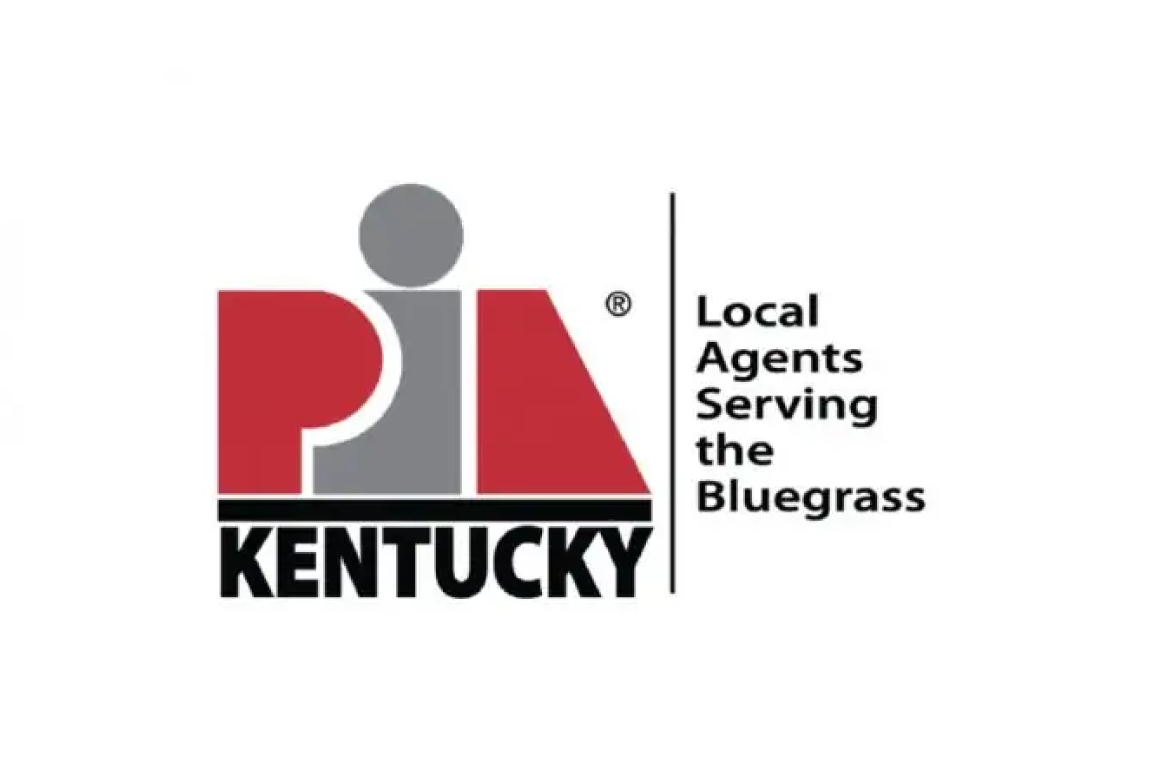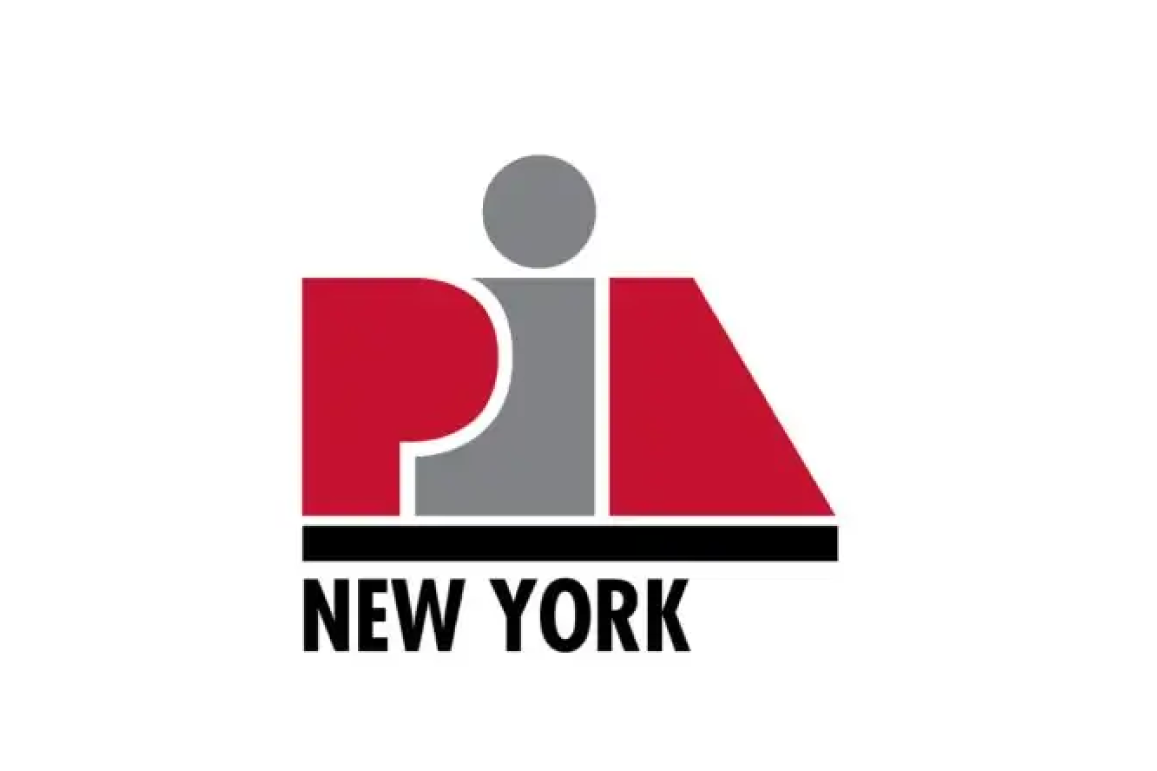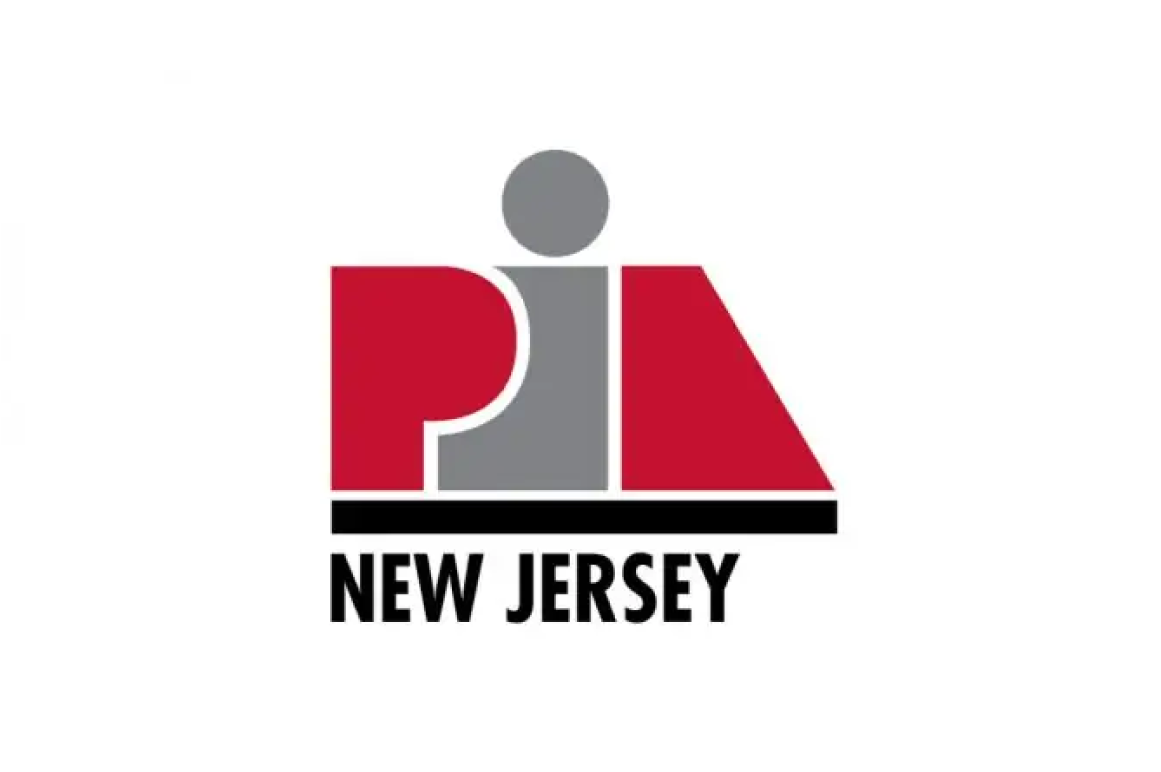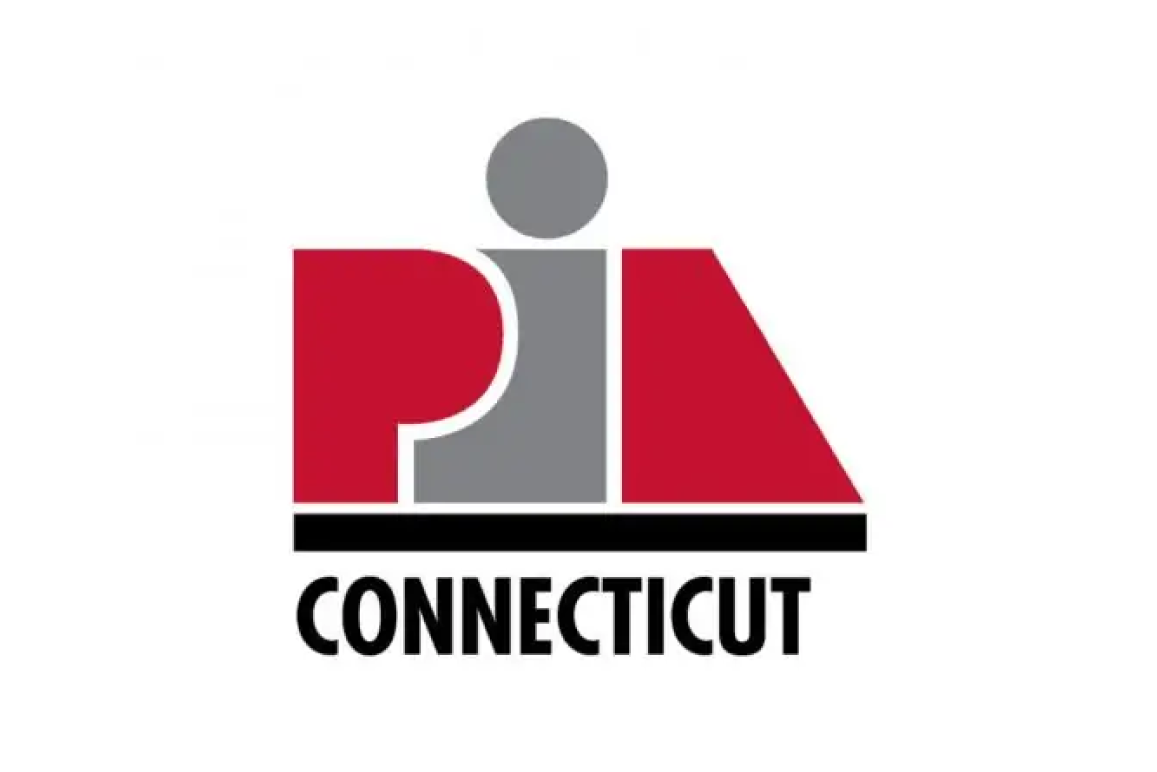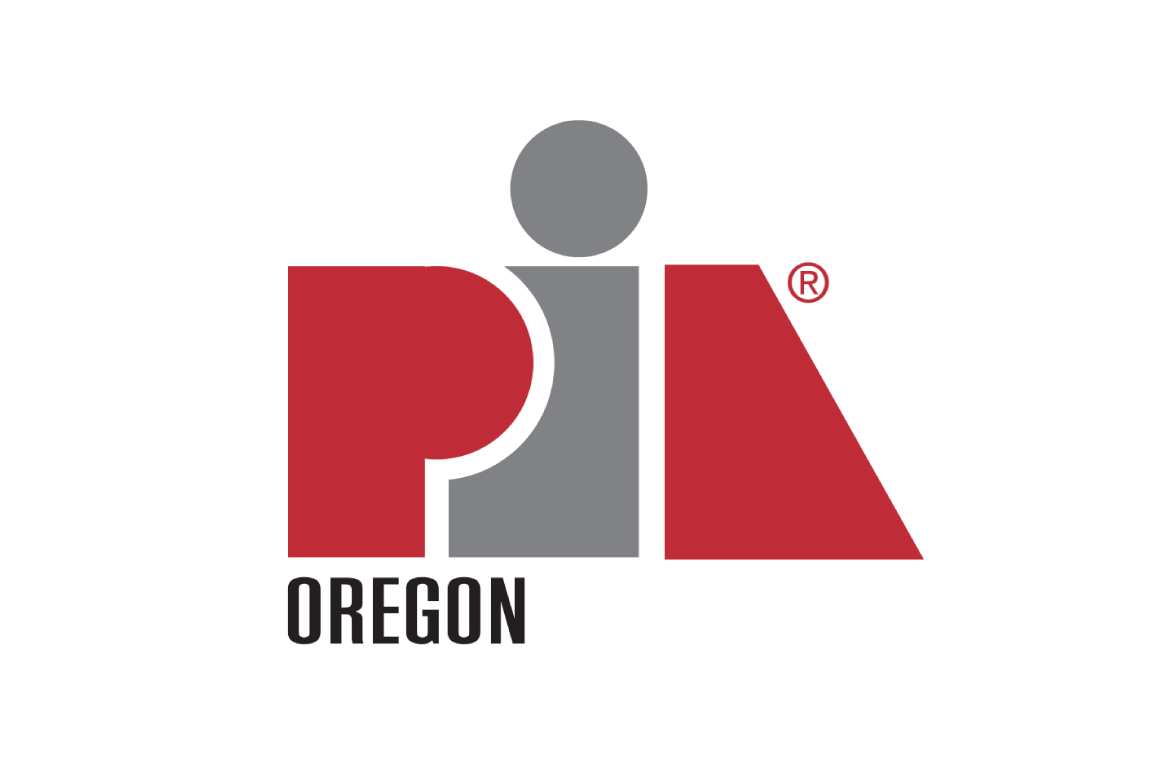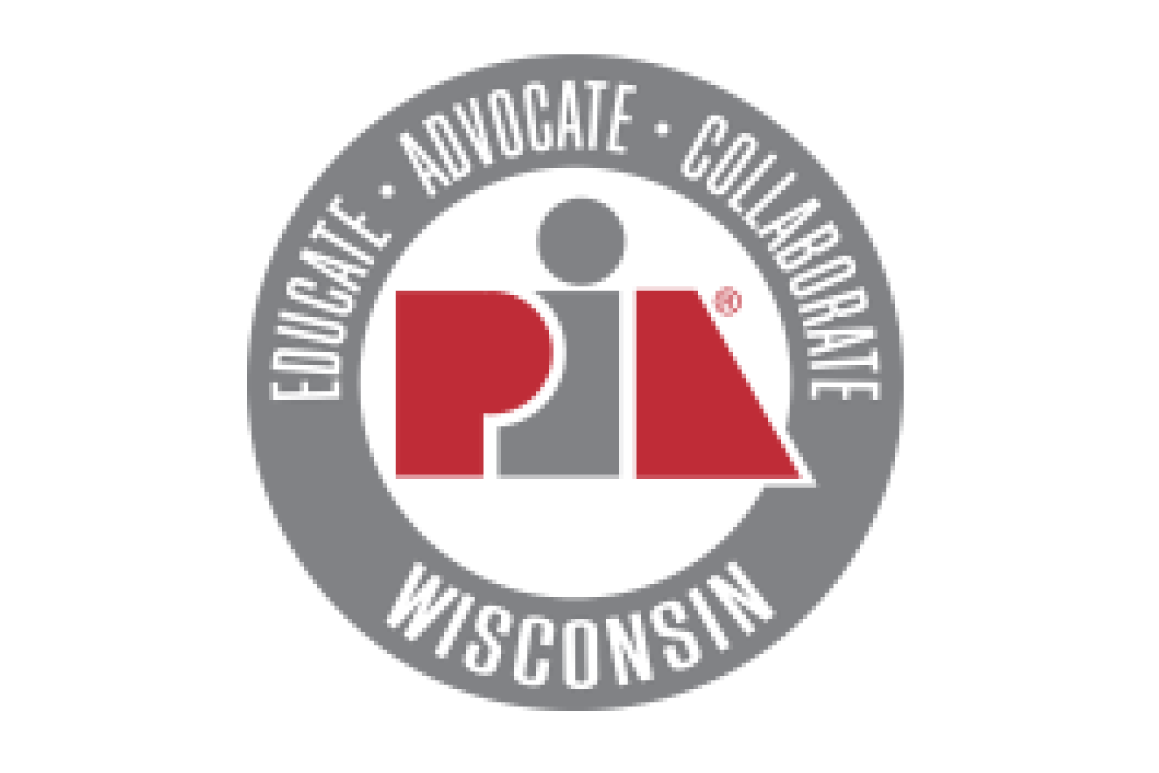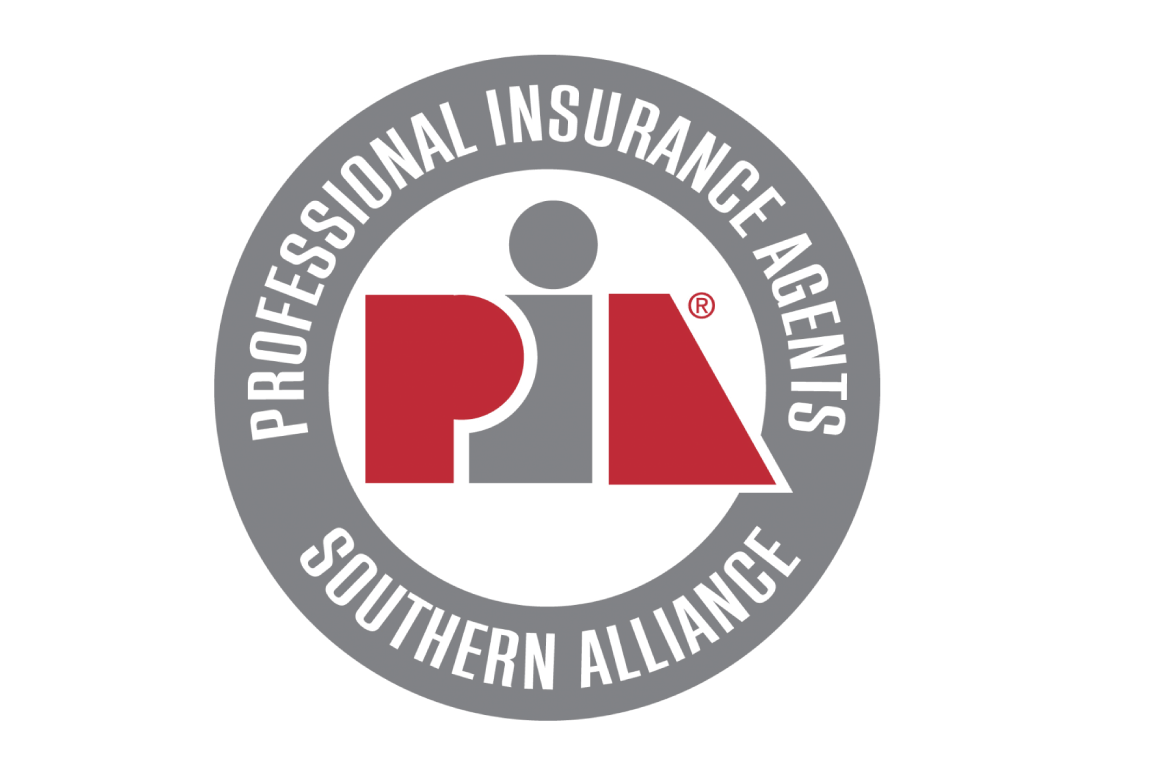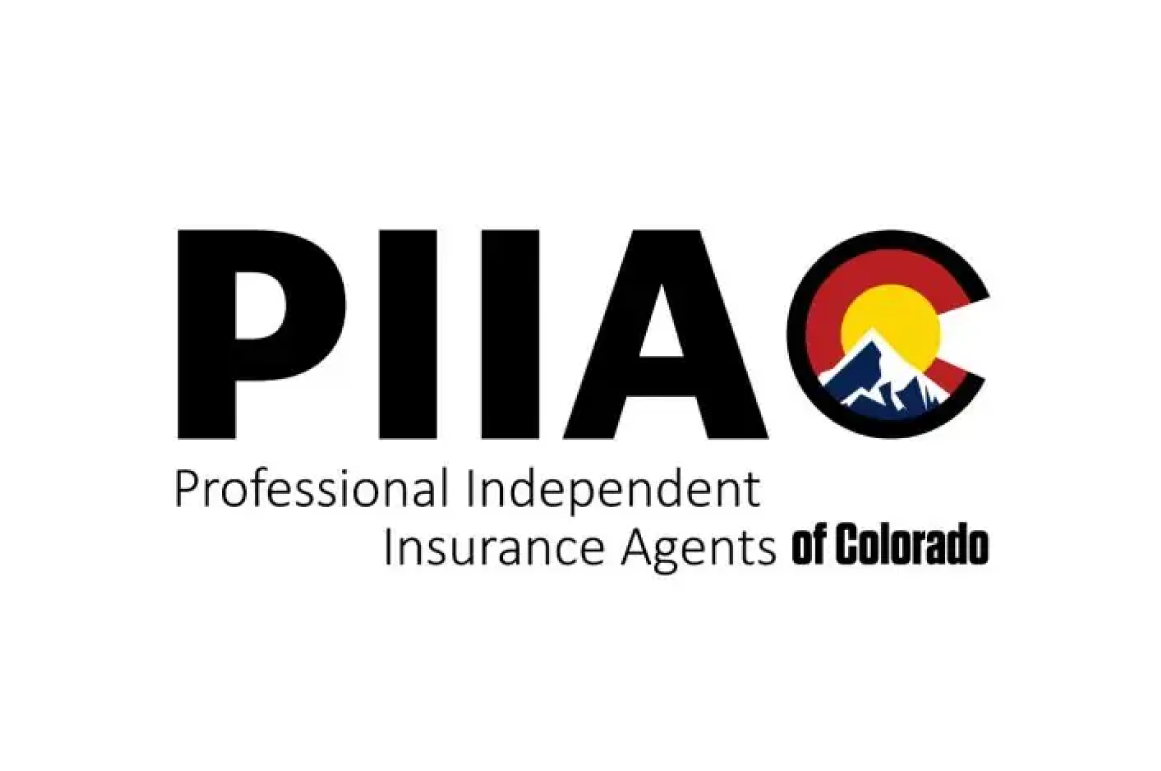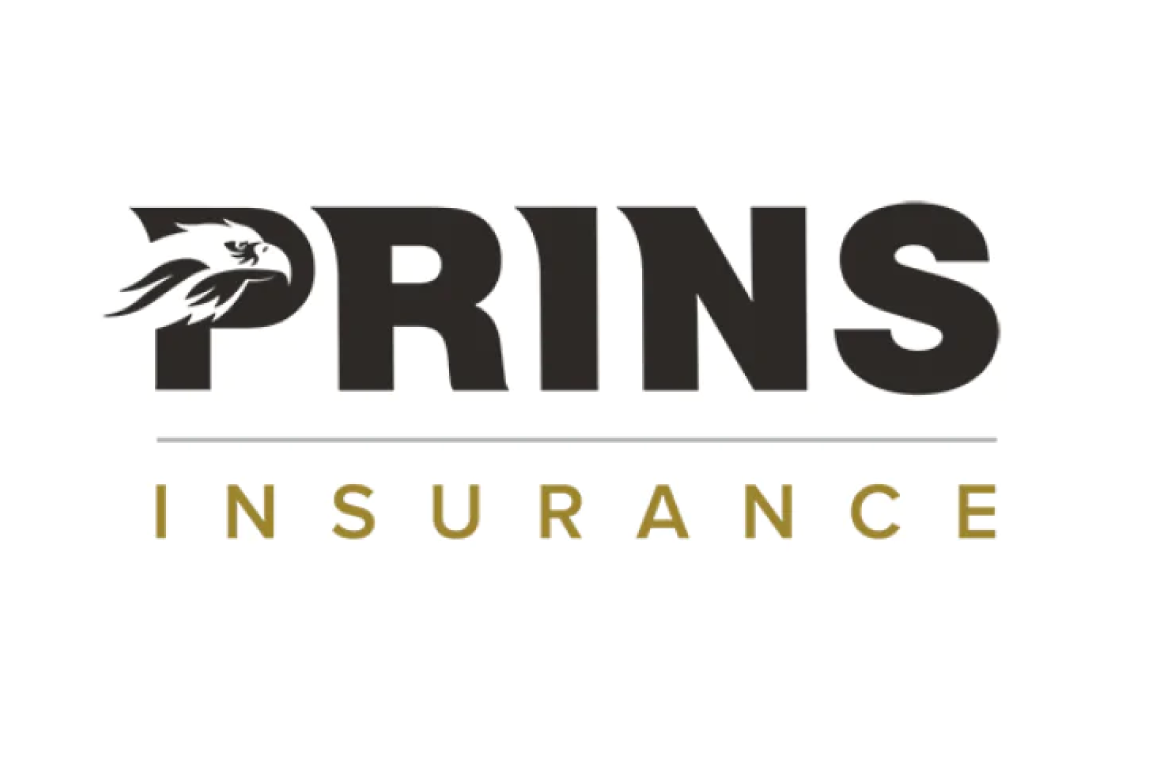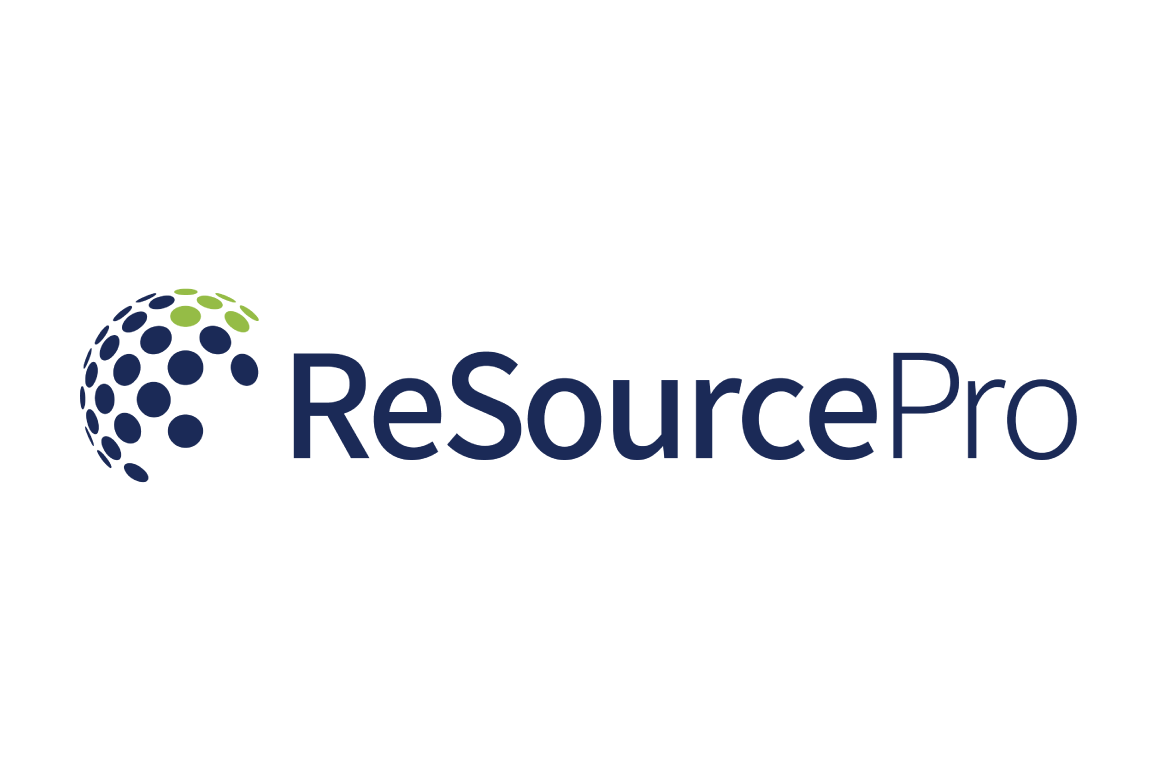Anyone who has worked in agency sales or service has a story about a difficult client or two—or twenty. The good interactions may far outweigh the bad, but those bad ones really stand out. Some people insist on being…”memorable.”
Who knows what makes a client difficult? Some may just be having a bad day. Some are naturally cranky and impossible to please. Some people may even enjoy it! On top of being a trial for agency team members who are just trying to help, these difficult interactions sometimes have other consequences. Despite best efforts by agency staff, a client may demand to talk to management, spreading the bad feelings and misery around. In the worst-case scenario, they may no longer buy your product or services, or even worse, may bad-mouth your company to friends, family, acquaintances, and on social media!
It’s true—sometimes none of this can be avoided. Whether due to company policies or somebody’s bad day, a difficult interaction is a foregone conclusion. No matter how helpful you want to be, or even how helpful you actually are, some just won’t appreciate it. Instead, they’ll insist on holding you responsible for outcomes you can’t control. Other times, the client’s frustration can be redirected, allowing the situation to be de-escalated and hopefully preserving the relationship for another day.
An Ounce of Prevention…
How can you avoid having your day made—memorable? It is possible! And the savviest agency team members know how:
Listen, listen, and listen some more. Listening is one of the most efficient ways to learn what clients want and how best to satisfy them. Doing this well is a skill that comes naturally to many, but can be learned by most. It’s normal to react quickly to frustrated people or to plan what you’re going to say next, but try to wait. Being quiet while the client unloads, not only helps you understand the problem fully, but it can help diffuse tempers. Active listening techniques include summarizing (“So what I heard you say is …?”), asking clarifying questions, and mindfully refraining from interrupting.
Know your stuff… Every client appreciates talking to someone who knows his or her stuff. Being a subject matter expert can go a long way in dampening possible complaints. The more knowledge you have, the more efficiently you can solve problems. And let’s face it; clients just want you to solve their problems—plain and simple.
…But don’t be a know-it-all.Okay, that seems to contradict the last point, but there’s a difference between being knowledgeable and being a know-it-all. Whenever possible, use the knowledge you have to help clients. It can be tempting, especially when dealing with a very difficult person, to use knowledge more as a weapon than a tool. Try not to contradict clients, talk down to them, or overwhelm them with facts that don’t pertain to their situations. Work with them to find solutions that meet their individual needs.
Be ready to adjust. Some-times you just need to be flexible. You may already have an idea of the best way to solve the client’s problem from the moment you speak to them. But if moving in that direction won’t satisfy them, be prepared to quickly adjust and find another way to come closer to their expectations. That doesn’t mean giving in when it’s against company policy or allowing the person to take advantage. Just be open to exploring other options, and find out where there is some wiggle room.
Anticipate the client’s needs.What’s better than getting what we ask for? Getting what we want without having to ask at all! Delight your clients by anticipating what they’re likely to request, due to the nature of the conversation—whether that’s a discount, a fee waiver, or some kind of freebie extra. The effort will be appreciated, and any potential situation will be diffused.
…Is Worth a Pound
of Cure (and Sometimes Not)
Sadly, sometimes being proactive and bringing your best service to the table doesn’t work—at least not at first. In those cases, what can you do to quickly settle your difficult client down without sacrificing your chances of a future relationship? Here are some tips:
Apologize. If the company is at fault, own it. Let the person know you’re sorry for the error. Be sincere, be specific (“I’m sorry we haven’t credited your account yet. I can see in the system you canceled your coverage on May 12th.”). Be brief and state how you’re going to make it right (“Mr. Smith, I’ll process a refund check immediately. You’ll receive it in 7–10 business days.”).
Don’t Encourage a Fight. In other words, don’t force the client to fight you to get what they want. If you’re empowered to remedy the situation, do so quickly. There’s a time to follow the script and a time to throw it out the window.
Keep the end goal in mind. When someone is being rude to us, it’s only natural to consider returning the favor. However, fighting fire with fire won’t get you where you need to be. As in any conflict, be mindful of not letting the other person push your buttons, and in so doing, lose focus. You have a job to do.
Don’t take it personally. And along those lines, don’t ever take a difficult client’s irate attitude personally. Take it seriously? Of course—just never personally.
Don’t hesitate to call in the cavalry. If the client is insisting (and loudly) that they want to speak with a manager, then by all means make that happen. The manager is paid the big bucks to handle the big headaches. When you’ve done all anyone could ask, but the person is still pitching a fit, it’s time to get help.
Go the extra mile. Neutralize the situation and gain some good will by going the extra mile. Take the time to find out whether an unusual client request can be met. Ask someone a question; don’t just say “no” on reflex. When you display enough curiosity about your job to take time to discover what you don’t know, you’re showing respect for the client and your employer. Ultimately, clients may not like the answer you find, but they can’t fault you for your efforts toward that end. Of course, take care to deliver the bad news with politeness and tact. You may be tempted to add an “I told you so” tone to your voice, but don’t.
What About Training?
Even for sales people, good customer service training, like that offered in The National Alliance’s Dynamics of Service courses, can help you and/or the members of your team pick up tips and tricks for managing difficult clients. Such training will introduce (or reintroduce) the participants to the concept of active listening, de-escalation, effective communication, problem solving, time management, and more. That said, some personalities will naturally take to these ideas more than others. For instance, not everyone has the same orientation toward helpfulness, the same level of patience, or the same ability to listen well.
Discovering which team members have what traits typically happens over time, but you can get a jump start on the discovery by incorporating behavioral assessments into your hiring process and development initiatives. Also, if good customer service is mission and values-aligned (as it certainly is for most companies) make sure you’re holding employees accountable for demonstrating those values on a regular basis.
Summary
Whenever you’re dealing with people, there’s bound to be conflict. On the bright side, keeping your cool is entirely possible when you follow our tips. This is key because cool heads prevail and can solve their clients’ problems reasonably, again and again.
Finally, don’t neglect to celebrate successes. That “memorable” client finally hung up the phone/left the building, and you can breathe. Things started out a little rough, but you managed to win this individual over in the end. Your company and your career will thank you for it!
About the Author: Carletta Clyatt
Carletta Clyatt, a popular seminar speaker, is the SVP at The Omnia Group. She offers clients advice on how to manage more effectively and gain insight into employee strengths, challenges, and behaviors. For more information about employee behavioral assessments, call Carletta at 813-280-3026 or email Carletta@omniagroup.com.









